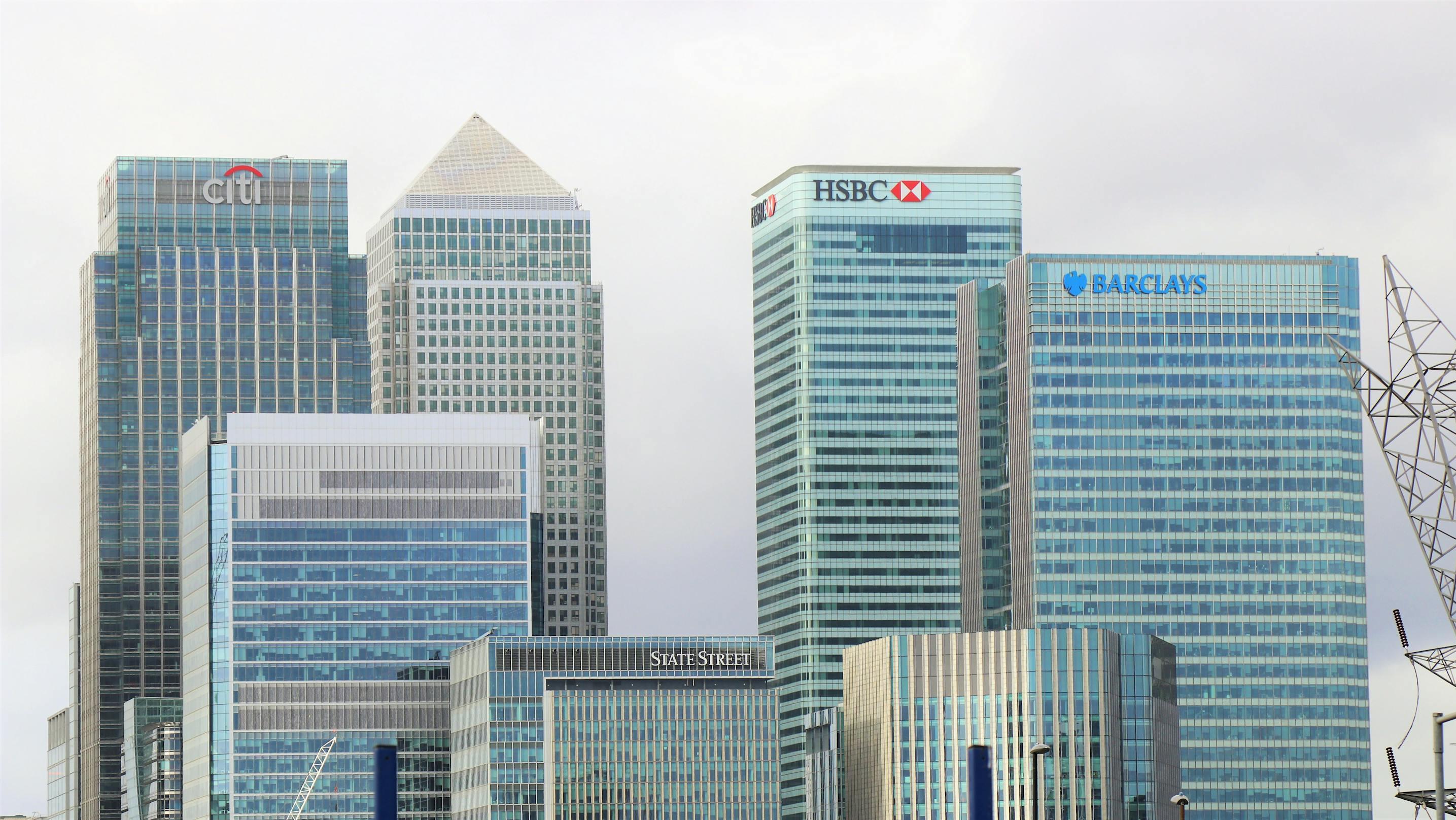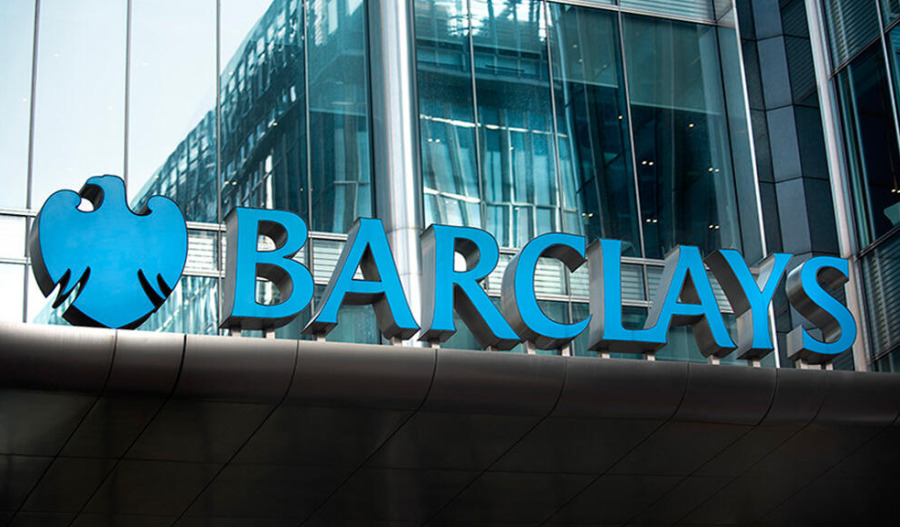United Kingdom bank shares plummeted during Friday trading, after calls for a new tax on banking profits.
NatWest, Lloyds, Barclays, and HSBC all saw shares fall. The Institute for Public Policy Research (IPPR) think tank has argued that the UK’s government should add a new tax on commercial banks to stem the Bank of England’s losses of UK£22 billion (A$45.34 billion) a year from quantitative easing.
“The Bank of England and Treasury bungled the implementation of quantitative easing. What started as a programme to boost the economy is now a massive drain on taxpayer money,” said IPPR associate director for economic policy Carsten Jung.
“Public money is flowing straight into commercial banks’ coffers because of a flawed policy design,” said Jung. “A targeted levy, inspired by Margaret Thatcher’s own approach in the 1980s, would recoup some these windfalls and put the money to far better use – helping people and the economy, not just bank balance sheets.”
This tax on banks’ quantitative easing reserves could raise UK£7-8 billion each year, according to the IPPR. The IPPR has also called for the Bank of England to end its sale of bonds bought from U.K. commercial banks, which could save over £12 billion each year.
NatWest (LON: NWG) shares saw the largest decline after the release of the IPPR’s report, down 4.85% at close.
Lloyds (LON: LLOY) closed 3.52% lower, while Barclays (LON: BARC) fell by 2.69% and HSBC (LON: HSBA) decreased by 0.73%.
The Bank of England has been selling bonds purchased from commercial banks for UK£100 billion per year, having bought £895 billion in these bonds during the global financial crisis in 2009. These sales have been at a loss, and the Bank of England currently pays higher interest rates on banks’ reserves than it receives on its bonds.
Related content



